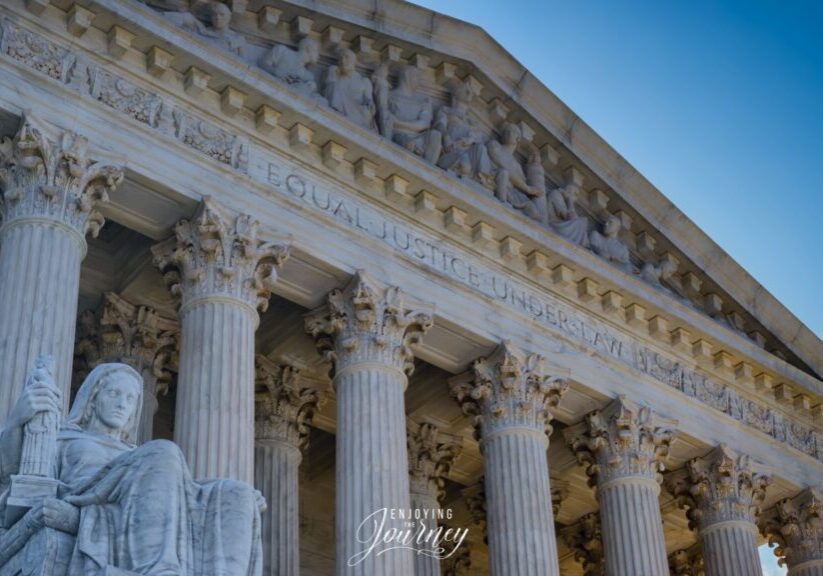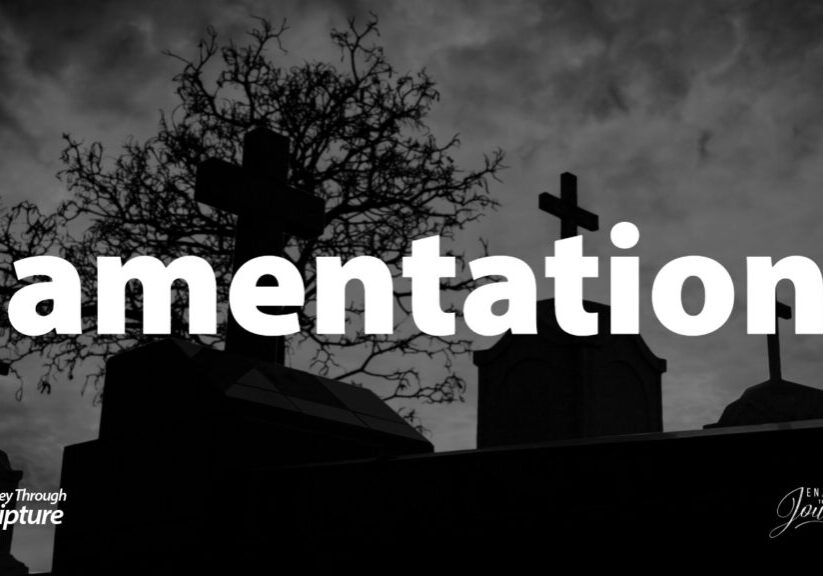
“Whereas ye know not what shall be on the morrow. For what is your life? It is even a vapour, that appeareth for a little time, and then vanisheth away.” – James 4:14
Listen to Peter Marshall’s Story on Traveler’s Tales:
A Snapshot of the Life of Peter Marshall:
Born: May 27, 1902 – Coatbridge, Scotland
Died: Jan. 25, 1949 – Washington, D.C.
Chaplain of the U.S. Senate for only two years, 1947-49, but made a lasting impact for Christ. Politicians came early to the senate so as not to miss his opening prayers. The writings of his wife, Prayers of Peter Marshall (1954), gave him worldwide recognition. Marshall came to America in 1927 and married Sarah Catherine Wood on November 4, 1936.He was ordained a Presbyterian and pastored in Covington, [GA] (1931-33); at Westminster Church, Atlanta, GA (1933-37); and the New York Avenue Church (1,800 members), Washington, D.C. (1937-45). He became a U.S. citizen in 1938. Marshall died of a heart attack. Several of his sermons appear in Mr. Jones, Meet the Master (1949). His life story was told in A Man Called Peter, written by his wife. – (Excerpt taken from the Reese Chronological Encyclopedia of Christian Biographies. Used by permission.)
A Spiritual Application for Our Lives:
The life of Peter Marshall can only serve to challenge and inspire those who study it. After immigrating to the United States from Scotland, Marshall worked various jobs while waiting for God to open the door to seminary. For several years, he faithfully taught a class in his church. As God’s hand became evident in Peter’s life, his Sunday school class raised the money needed to send him to Columbia Theological Seminary. From this point on, Marshall became a mighty preacher and student of the Bible.
The Humility of Peter Marshall’s Ministry
After graduation, God took Marshall to a small church in Covington, GA, to prepare him for the rest of his ministry. After three years, Marshall took a large church in Atlanta (Westminster Presbyterian), and God mightily grew the ministry. As the church grew, his name became known throughout the city. Peter, however, despised the popularity. So much did he fear people coming to simply hear his preaching that he posted the following statement in the church bulletin:
This minister thinks of the assembled people who face him on the Sabbath as a congregation who are to be led to the Throne of Grace – not as an audience who have gathered to hear him speak, but as a congregation to hear the still, small voice of God whispering peace and pardon for weary, troubled souls. Let the congregation remember that they should come to church to worship God, not to hear a weak, unskilled mortal man orate. This is a house of Prayer in which we are privileged to keep our tryst [appointment] with the Chief.
Marshall was adamant that all eyes should remain on Christ. Many newspapers asked to print his picture with excerpts from his messages, but Peter refused them unless he was permitted to choose the excerpt. Moreover, he detested any sort of hero worship. In his absence, many people would leave the service when they discovered that Marshall would not be preaching that service. Far from encouraging him, this wounded Peter almost to anger. “A stern look would cross his face, and he would explode, ‘God was still there! Did those people come to church to worship, or to hear me?'” Eventually, God moved Marshall and his new wife, Catherine, to the New York Avenue Church in Washington, D.C. It was here that Marshall’s preparation years were manifested.
The Power of Peter Marshall’s Prayers
In preaching, Marshall generally wrote out every word of his sermons. However, he always sought to remain sensitive to the Holy Spirit. One example was during an invitation to preach chapel to the US Naval Academy graduates, faculty, family, and student body. As he prepared to speak on that Sunday morning in December, he told the School chaplain he must preach something different than what he had prepared. God laid James 4:14 on Peter’s heart: “…what is your life? It is even a vapour, that appeareth for a little time, and then vanisheth away.” Peter preached a mighty message on the brevity of life and salvation in Christ. As the Marshalls drove back to Washington that afternoon, the world-shaking news of Pearl Harbor’s attack blared across the radio. It was December 7, 1941.
Peter’s heart of humility was a distinguishing mark in his life. 1 Peter 5:6 teaches that we are to “Humble [ourselves] therefore under the mighty hand of God, that He may exalt you in due time.” Peter Marshall humbly waited on God for many years, and in “due time,” God exalted him. God perfectly placed this leader in Washington, D.C. in the years leading up to, throughout, and directly after World War II. His preaching, prayers, and counsel encouraged and guided many of America’s leaders through those dark times. May we allow God to guide our lives, trusting that His plans are far higher, grander, and needful than ours.
A Suggestion for Further Reading…
A Man Called Peter – Catherine Marshall (1951) – This book is an excellent read, and I cannot recommend it enough.
The Prayers of Peter Marshall – Peter Marshall (compiled by his wife, 1954)
Trial by Fire – this is one of the few recorded sermons by Peter Marshall; it is a fiery message from 1 Kings 18.






